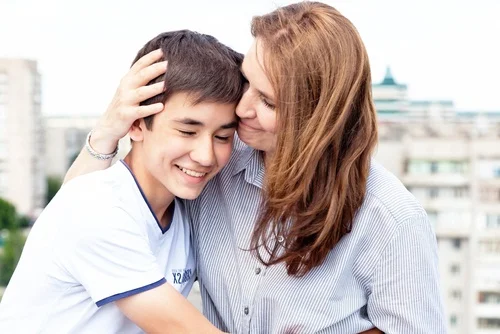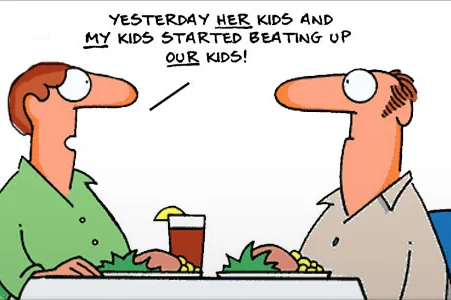+1 845 259 2974 (11 a.m to 7 p.m CST)
Eating Disorders Can Have Severe Consequences

Eating disorders have the potential to turn your teen’s life upside down. Such is the impact of the problem, which can be best described as a severe mental illness. However, the inspirational recovery of Gan Chin Lin, an Instagram blogger, from her eating disorder is just the thing you need to hear in order to remain hopeful and motivated. The 15-year-old Singaporean knew she was sinking deeper into her problem, when she decided to put an end to it by using her gorgeous food creations to break free of the clutches of her illness. Treating eating disorders is not walk in the park, but Lin’s story proves that it’s also not as hard as it’s often made to seem.
Understand the Problem
It’s not uncommon to find eating disorders in teens getting confused for fussiness or carelessness by parents. Failure to correctly identify the problem can lead to complications that can be real hard to deal with. It is important to remember that eating disorder is a severe illness with severe consequences for both physical as well as mental health. As the teens develop intense fear of weight gain, they develop unhealthy eating patterns, which eventually reach a point where they become uncontrollable. They either shy away from food, or overindulge in it, only to force them to vomit it out later.
What Makes Teen Susceptible to It
Once children enter their teens, there’s likely to become more conscious of their bodies. Cultural idealization of thinness, peer pressure and idealized body types flaunted by the media put them under a lot of pressure to keep their weight in check. This is why they can get confused and panicky when they see their bodies changing and find themselves putting on weight upon hitting puberty. Struggling to cope with the bodily changes, they develop eating disorders. In some cases, it’s the internal factors such as genetics rather than external factors like media or peer pressure that push teens towards abnormal eating patterns.
How to Help Your Teen Overcome Their Eating Disorder
Once you’ve got a clear understanding of the problem, you can get down to helping your child overcome it. It’s important that you avoid bringing up the topic of weight and eating disorders with your child as it may cause them to think that you’re trying to make them fat. Instead of asking questions about food and weight, ask them about their feelings and emotions. Once they share their problem with you, you’ll find yourself in a better position to help them. Involving your teen in an activity similar to that of Lin may help. However, it is best that you seek help from a mental expert or other medical professionals.
It can take your teen a while to recover from an eating disorder. Don’t try to rush things and give them as much time. Help them understand why developing normal eating habits is so important for them so they motivated while on the path to recovery.























